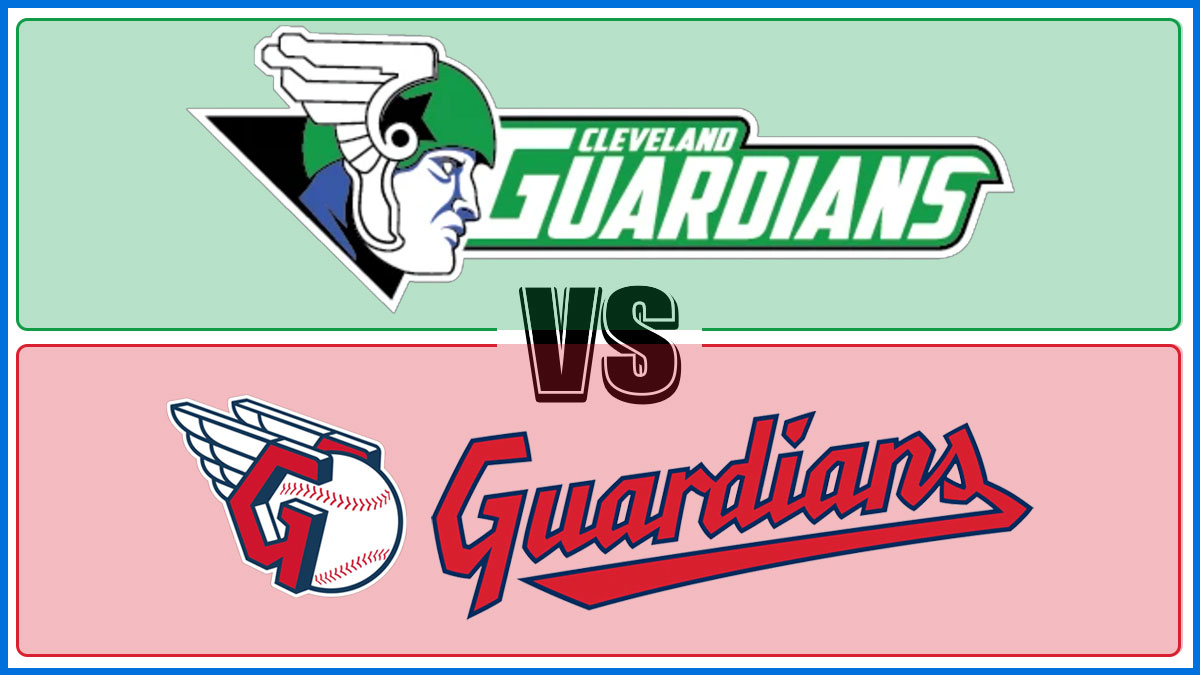The Cleveland Indians have been sued over the team’s planned name change to The Cleveland Guardians.
A roller derby team named the Cleveland Guardians filed the lawsuit earlier today.
The lawsuit makes some juicy claims.
[a thread]
#ClevelandGuardians #ClevelandIndians
A roller derby team named the Cleveland Guardians filed the lawsuit earlier today.
The lawsuit makes some juicy claims.
[a thread]
#ClevelandGuardians #ClevelandIndians

The elbows begin flying immediately in the complaint.
In the second paragraph the roller derby team asserts that two sports teams cannot reside in the same city and have the same name.
[2/8]
In the second paragraph the roller derby team asserts that two sports teams cannot reside in the same city and have the same name.
[2/8]

After coming out of the gate strong, the roller derby team goes on to posit that it has common-law trademark rights in northeast Ohio, going back to late 2013.
[3/8]
[3/8]

The roller derby team claims that it is “inconceivable” that the Cleveland Indians did not know of its existence and trademark rights.
Instead of resolving this issue, MLB is accused of "surreptitiously” filing its own application.
[4/8]
Instead of resolving this issue, MLB is accused of "surreptitiously” filing its own application.
[4/8]

Two months after making an off shore trademark filing, the Cleveland Indians’ lawyers finally reached out to the roller derby team to inform them that they were “considering” the name.
[5/8]
[5/8]

The roller derby team responded, letting the Cleveland Indians know that if the team would like to use the name, it would need to put forth an offer to buy out the rights.
These rights would include the web domain, with the understanding the derby team would then rebrand.
[6/8]
These rights would include the web domain, with the understanding the derby team would then rebrand.
[6/8]

The suit goes on to claim that the Cleveland Indian's buyout offer was "likely no more than fifteen minutes of annual team revenue.”
The roller derby team claims it attempted to negotiate several times, though talks have broken down as of October 26.
[7/8]
The roller derby team claims it attempted to negotiate several times, though talks have broken down as of October 26.
[7/8]

The lawsuit ends with the roller derby team asking the courts to stop the Cleveland Indians from using the “CLEVELAND GUARDIANS” name.
[8/8]
[8/8]

• • •
Missing some Tweet in this thread? You can try to
force a refresh
















